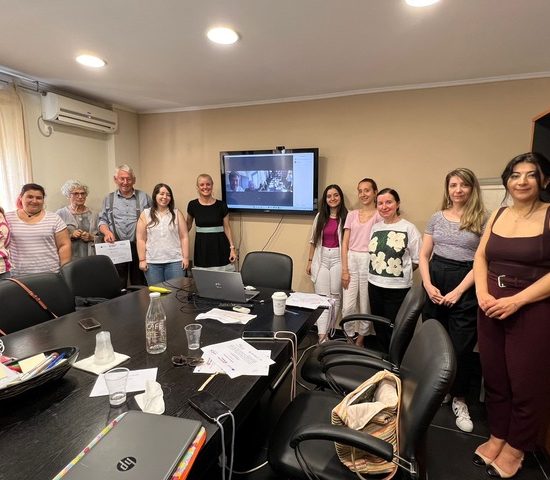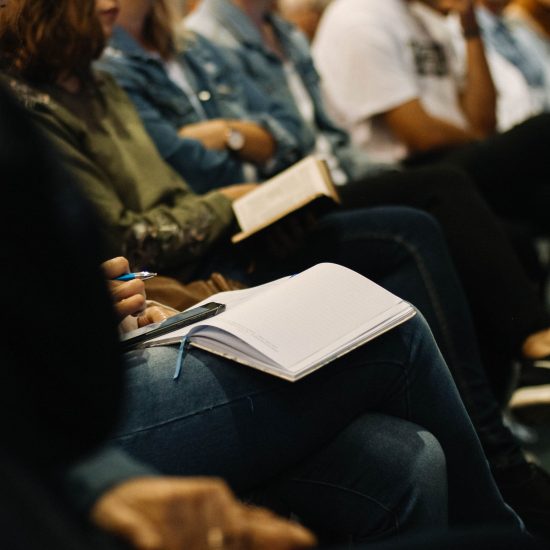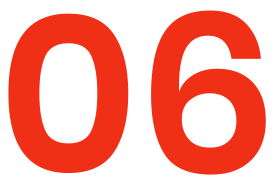




We foster the social inclusion of adult mental health users
The Dialogic Minds Project is an Erasmus+ projects which its main priority is to foster the social inclusion of adult mental health users with the implementation of a Successful Educational Action: Dialogic Literary Gatherings (DLG)
Studies showed there is a correlation between mental illnesses and social exclusion: neighborhoods with low socioeconomic status have a higher prevalence of schizophrenia and other psychoses than other nearby neighborhoods with higher socioeconomic levels (Tizón et al., 2009). As well as being important for individuals, good mental health is important for society, since mental health issues impact on economic performance and may also create a burden for educational and justice systems.
The action consists of reading and reflecting on works of classical, universal literature and establishing an egalitarian dialog around it, promoting values such as equality, mutual respect, and solidarity.
They have been proven to achieve an improvement of instrumental learning, while it promotes solidarity and critical thinking among learners. By improving and extending the supply of high-quality learning opportunities tailored to the needs of low-skilled or low-qualified adults, it will not only positively impact on participants’ literacy skills and key competences; it will also allow them to critically reflect on their life trajectory and future expectations.

Project Objectives
The concept of mental health has progressed the last decades. Currently, according to the WHO, a good mental health is related to mental and psychological wellbeing. In the last years, diverse perspectives such as education have incorporated to this concept. In fact, the Mental Health Action Plan (MHAP) 2013 – 2020 mentions the importance of providing “a comprehensive, integrated and responsive mental health and social care services in community-based settings” and the need of basing the strategies and interventions on scientific evidence.
The impact on educational instrumental skills is evident, as well as the improvement of participants future expectations and the contribution to their social inclusion and more active participation in society. These great results among participants in Barcelona pointed out to an opportunity to transfer this activity and its benefits to other organizations in Europe.
Social inclusion
The general objective is the social inclusion of the adult users of mental health centers . The main objective of this MOOC is to train professionals and volunteers to be able to carry out DLGs in mental health.
The participation in the DLGs, in the participative process and the implication in the NCC will have a direct impact on participants social inclusion and active citizenship.
Improvement
We aim to improve basic skills and competences as well as the wellbeing of mental health centers. It will be achieved mainly with DLGs in O1.
Nurses, staff, and volunteers from Barcelona that are currently implementing it reported participants to have better concentration skills, more auto control, increased self–confidence and self–expectative, more respect and better interpersonal relationships.
Support tool
We offer a tool to support the process of mental health advancement and promote the Access and transition to further educational activities. It will be achieved mainly with the O1 and O2 activities. The MOOC course will be a tool to train adult education and mental health professionals from other organizations, increasing the number of qualified professionals able to implement the activity.
Project Outputs
Dialogic Minds Case Studies and Scientific Article
We will elaborate 4 case studies, one for each partner country implementing DLGs and a scientific article based on the Successful Educational Action: Dialogic Literary Gatherings researched by the INCLUDE-ED Project and based on the successful experience of Agora implementing DLGs in a Mental Health Care Centre and a Primary Health Care Centre in Barcelona.
In September Agora will present C1 Learning with a training and a teaching activity. In this activity will participate 4 local participants and 6 international participants; one staff member from the partner organizations and one volunteer or mental health user (when possible, if not 2 staff members will participate.
The main goal of this activity is to train staff members and volunteers for them to be able to implement the DLGs in O1. The activity will be carried out virtually due to COVID.
Furthermore, Agora together with Drawing to health and with the collaboration of all partners will presents the scientific article. This article will be done with a Communicative Methodology.
Dialogic Minds MOOC Course
The main purpose of this MOOC is to train professionals and volunteers to be able to carry out DLGs in mental health. This online course will last between 15 to 20h and it will be open for one month and it has to reach at least 10 people in each country. The target group of this MOOC course are professionals and volunteers in adult education and mental health as well as other stakeholders that are interested in implementing DLGs in mental health.
The course will be divided in different parts; theoretical (methodology), a a guide of how to implement the DLG in the mental health services, a summary with the impact of the DLG in the participants with mental health problems, evaluation and for the closure each participant will have to do a final project The course will be very interactive (with activities and a questionnaire), the aim Is to catch the attention of the student.
Latest News









